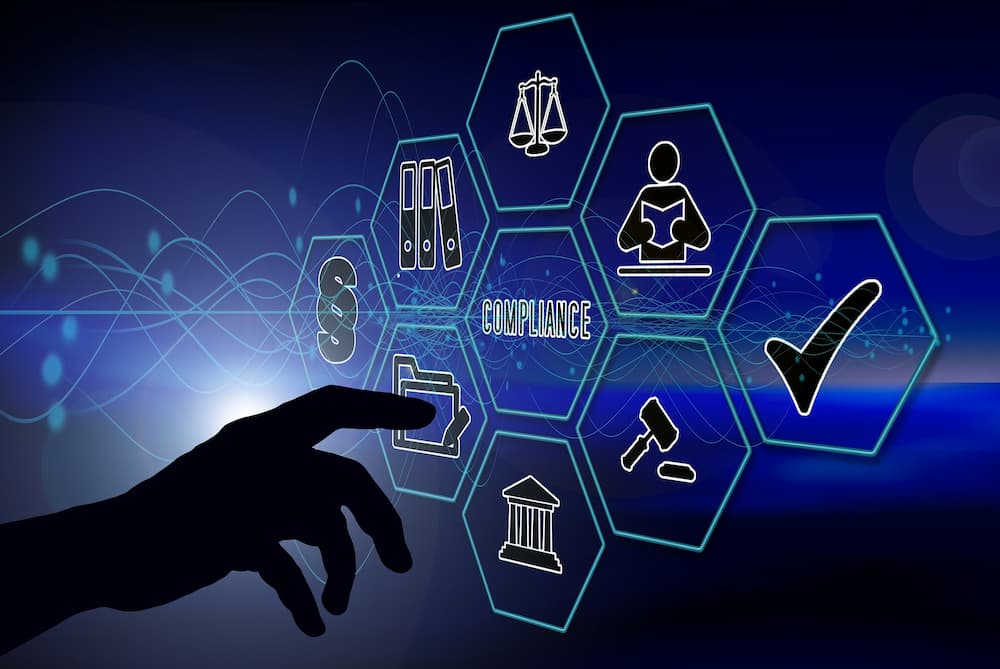The Evolution of Payroll: A Conversation with Steve Bevan
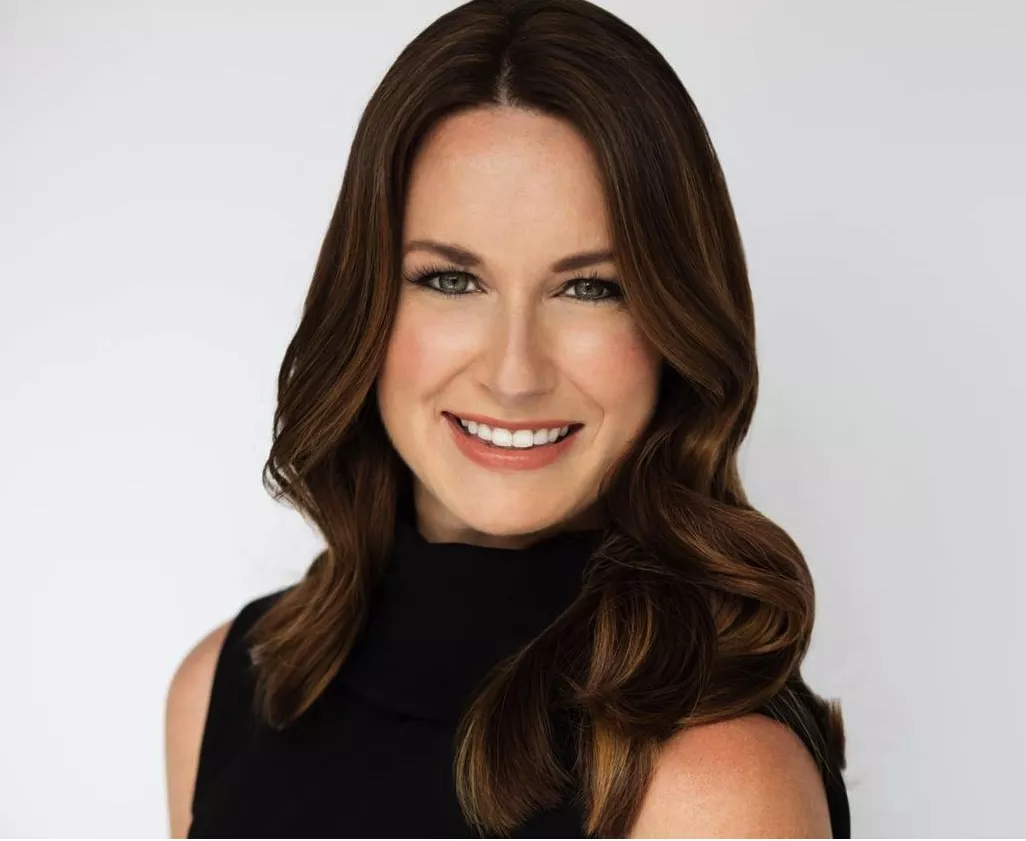
Tiffany Appleby
UKG Inc., a leading provider of HR, payroll, and workforce management solutions announces entering into a definitive agreement to acquire Immedis. Read More

In our recent podcast with Steve Bevan, we discussed how payroll has changed over the years, and where it is going next. His vision for the field combines past with future: mixing the value of manual payroll calculations with next-generation data science tools.
Bevan, an industry veteran, currently works for Trellix in Ireland. He has been in Ireland for over 20 years and first came to the island to do work in EMEA (Europe, Middle East, and Asia) payroll.
Our discussion centered on his early days in payroll, and how what he learned early on is still relevant today.
Steve Bevan's payroll career began in the days of manual calculations.
His first payroll-related job was a junior-level HR position that happened to have a few payroll responsibilities.
He had some basic administrative responsibilities, such as looking after the carpool and making sure the cleaners' rosters and schedules were done, however, Bevan also did much of the manual calculations and organizing which were then necessary to carry out business operations and payroll.
Back then, his company used the old "Kalamazoo" payroll system, which was entirely paper-based. They ordered physical cash on a Wednesday, and it arrived the following evening in a secured van.
Friday morning, Bevan would take the cash, fold the pay slips, and put the cash into brown envelopes. Then he took the money to a tiny office, swapped pay cards for paychecks, and literally handed them out.
Most businesses no longer calculate manually or hand out cash envelopes. But the foundations are still important. Steve’s experience grounded him in the core calculations of payroll: calculating bonus rates, additional rates, shift rates, manual taxes, national insurance, and more.
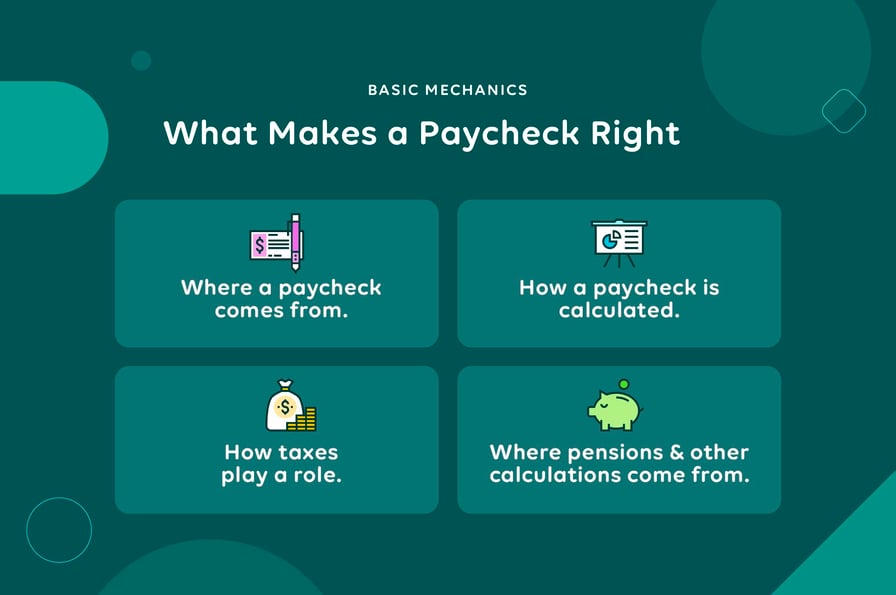
Ever since he has emphasized that new people in payroll should understand the basic mechanics of what makes a paycheck right. More than just "shepherding data" around, people need to understand:
Where a paycheck comes from.
How it is calculated.
How taxes play a role.
Where pensions and other calculations come from.
As Bevan's career continued, he always went back to how to calculate tax manually. He stressed that there is a need to understand how this works—to not be over-reliant on systems and formulas.
Things can go wrong, computer systems and software can go down, and you may one day need to calculate a paycheck in an emergency.
Payroll can be a thankless job. When it goes right, no one notices. When it goes wrong, people get upset and complain.
This is why accuracy and precision are so important.
The core fundamentals of payroll are still the same as when Steve began his career. The meticulous mindset that helped him calculate payroll by hand is still valuable in the days of computers and AI.
Controls are important for ensuring precision week after week. Steve drives his team to check, verify, and double-check all the information they handle.
Compliance is essential for staying in good standing with the law and the government. This is becoming increasingly important as remote work spreads and employees trigger lax liabilities worldwide.
In Bevan's mind, it's never really the fault of any individual payroll worker if something goes wrong. The real problem is that the payroll department needs to set up proper controls in the first place to ensure that an error made by one person would be noticed and corrected.
Payroll is a somewhat hidden field, compared to other business departments like accounting or marketing.
Most working people are barely aware of the payroll industry. They simply get paid and take it for granted. But this can and should change.
There are few explicit paths into payroll. Most people "fall into" payroll, without planning to. Steve estimated that about 7 out of every 10 people in the payroll profession wound up in the department after being exposed to it in a different role.
For example, many people qualify for accounting or HR first. These adjacent fields have much interaction with payroll, so new hires become exposed to it quickly. Sometimes they have to cover for somebody who is out of the office for a few weeks, and they discover that they enjoy the payroll world.
That said, more and more young people are getting into payroll as a conscious decision. These fortunate professionals are often noticeably younger than their peers, but quite driven.
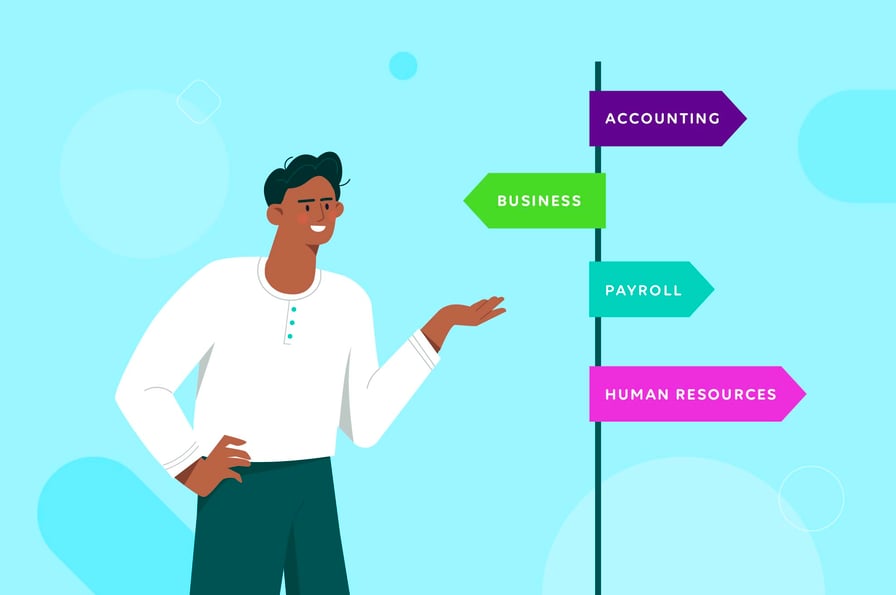
The typical catchment area for the payroll industry is post-grad, with one to two years of working experience. It is much less common to introduce someone to payroll at 18 years of age.
In Ireland, kids have an option in their 5th and 6th year (16 or 17 years old) to pursue business and finance as a specialty. This path mostly teaches well-known business fields like marketing, sales, and accounting. But it should include payroll as well!
Plenty of young people come out of school with a strong ability to analyze data, but they are rarely aware that they can apply those skills to payroll. Much of the value in modern payroll lies in assessing reams of payslip information to identify factors such as unequal pay and systematic errors.
The next evolution in payroll may come from these young people who see the field with fresh eyes, by bringing their data science capabilities to the table. But they also, as Steve shares, need to be grounded in the mechanics and calculations of the profession—whether or not that means literally putting cash in brown paper bags.
One of the great takeaways from the discussion with Steve is that he sees a future for payroll that is grounded in the core necessities that the field, since the early days, has always required.
The essentials of payroll never change. That's why Bevan stresses the importance of being able to calculate payroll by hand and of erecting solid controls on the flow of data.
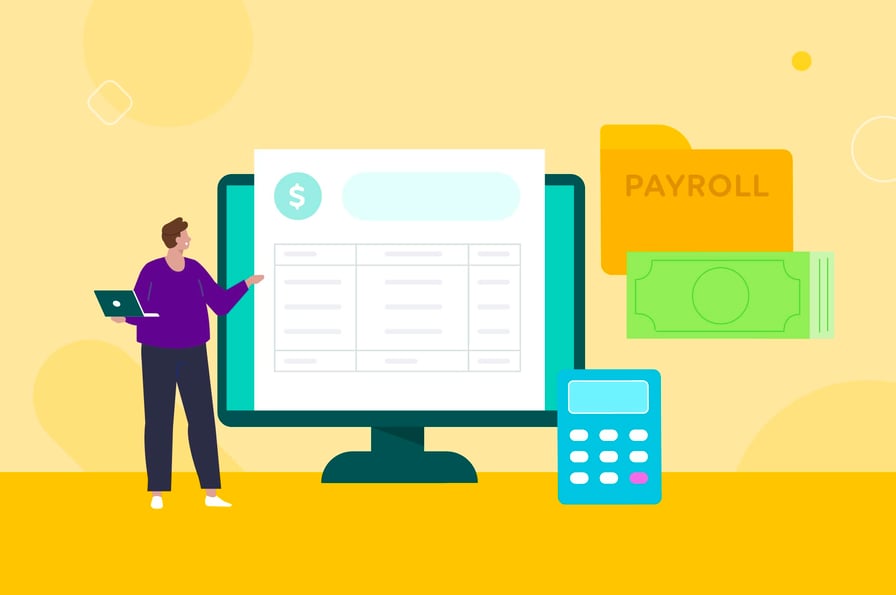
While the fundamentals still carry weight, he is enthusiastic about the growing role of payroll in business, and the possibility for future payroll specialists to bring new data-driven skills to the table. To that end, he stresses the importance of making payroll a more well-known and visible field, possibly something that should be taught alongside other business fields in school.
Interested in these ideas, and everything else payroll? On our recent podcast with Steve Bevan, we also discussed:
Steve's life beyond payroll
The path to global payroll functionality
Steve's next career moves.
Check out the podcast here.
Immedis Blog




